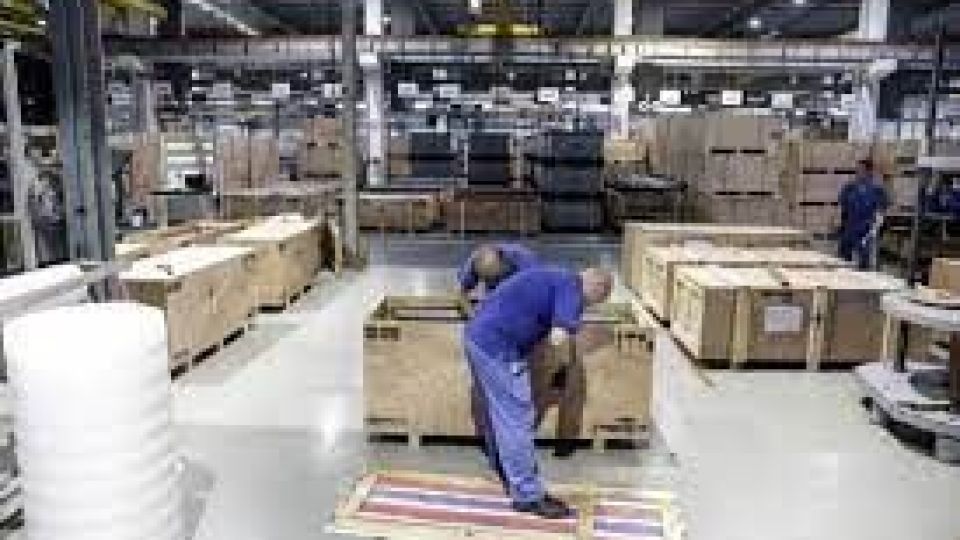December 16, 2022
BEIJING – From locking in workers to hoarding medicines, beds and disinfectant, China’s factories are going to great lengths to keep the machines running – and the global supply chain intact – as an onslaught of Covid cases looms.
The world’s second-biggest economy is rapidly dismantling restrictions that largely kept the virus at bay for almost three years.
The resulting eruption in infections is set to be a key test for a vast network of factories that account for almost one-third of the world’s manufacturing output. Those plants are now taking extraordinary steps to ward off infections.
Sinopec, for example, likens the task ahead to fighting a war. The Chinese oil refining giant has gone over plans to hold output steady with some staff more than 30 times, isolating certain employees from the rest of the workforce and scrapping leave.
Electric vehicle maker Nio Inc has secured several truckloads of medical supplies and equipment for staff as part of a plan to keep its lines humming.
Outbreaks have the potential to cripple production or tear through employee rosters, threatening the global supply of everything from cars and golf carts to kitchen appliances and, of course, iPhones.
The same battle to ward off Covid was fought what now seems like an eon ago in facilities across the United States and Europe. Those efforts provide a cautionary tale for China on the difficulty of keeping out the virus from factories completely.
“The experience in the rest of the world is that you cannot stop it,” said Maximilian Butek, head of the German Chamber of Commerce in Shanghai. “Companies risk getting all employees infected and having no one in the factory.”
Across China, the chamber’s directors include executives from Volkswagen AG, drugmaker Bayer AG and Siemens AG.
After years of testing and tracking its citizens for the coronavirus, China abruptly abandoned that approach this month with the end of zero-Covid.
The rapid reopening could result in some five million people hospitalised and as many as 700,000 deaths, according to Sam Fazeli, Bloomberg Intelligence’s chief pharmaceutical analyst.
Already, infections are coursing through China’s financial industry, seeing traders at city firms call in sick. Factories, mostly located in manufacturing belts or secondary metropolitan hubs, are next in line.
Details of contingency plans provided by a range of companies with plants in China paint a varied picture of preparedness for an almost inevitable surge in cases.
Many Chinese manufacturers are turning to so-called closed-loop systems, a model first deployed during the Beijing Winter Olympics this year to isolate athletes from the wider population and reduce the chance of infections.
They were then used during the Shanghai lockdown by companies such as Tesla Inc to keep employees Covid-free and maintain production.
But it’s not clear whether that approach – which saw violent pushback from workers at the world’s biggest iPhone factory last month – will be enough this time round, once cases start to snowball.
Zhejiang Geely Holding Group Co, the carmaker better known as Geely, is keeping workers at its factories in China on site and sleeping in dormitories.
But the company, which has more than 30 sites across China, doesn’t plan to suspend production if there are infections.
Covid has already ripped through a workshop at BMW AG’s Shenyang factory, infecting most of a production line, according to a person with knowledge of the situation.
A new group of employees was called in to replace the sickened staff this month, the person said, requesting anonymity because they aren’t authorised to speak publicly.
BMW said in a statement that it’s “closely monitoring the infectious situation and adjusting the production and shift plans to ensure normal production. Many effective measures have been implemented, such as flexible shift patterns.” — Bloomberg

